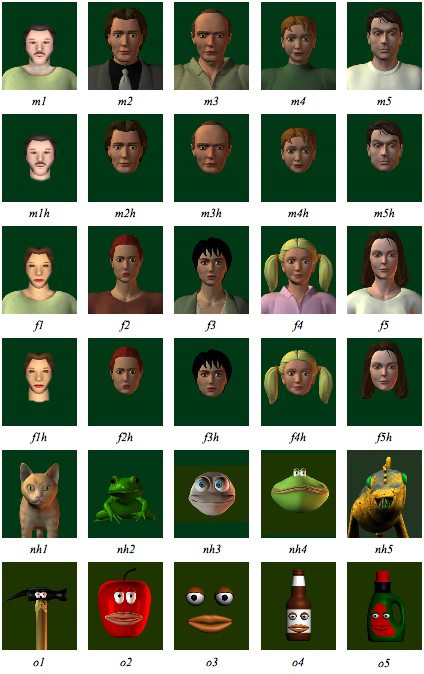Misrepresentation of Film in Advertising: Happy-Go-Lucky
Farhat’s description of the issues that the movie poster for The Handmaid’s Tale raises got me thinking about the many different issues I’ve had with movie posters, and movie advertising in general, lately. The sexualized image of Natasha Richardson’s Offred clutching a red bed sheet to her naked body as a way to advertise a film which is supposedly about the evils of a “society gone wrong,” in its oppression of women and obsession with the control of sexuality is a seriously convoluted message.
We’ve already discussed film and television as popular technologies of representation, but I think it’s also interesting to consider them as technologies of misrepresentation. How many times have I seen a trailer for a movie which potrarys the themes of the film as completely different from their actuality in an effort to garner more “mainstream” attention? The worst example I can think of right now is the trailer and advertising for the Mike Leigh vehicle “Happy-Go-Lucky,” for which Sally Hawkins (rightfully, she was awesome) won a Golden Globe. I saw the film without really being exposed to any advertising except for the write-up on the website of the Bryn Mawr Film Institute and loved it. It’s a film which manages to be simultaneously uplifting and realistic, happy but not saccharine. It’s also a character study of an adult woman which does not revolve primarily around her looking for love, although she does meet someone in the film. That is something which is not considered marketable at all in Hollywood, which explains the film’s limited release and critical,but not financial, success.
Recently, I was watching an installment of the hilarious and amazing “Target: Women” with Sarah Haskins, which skewers adverstising aimed at women, and was disappointed to see Happy-Go-Lucky included in a segment on the idiotic marketing campaigns for so-called “Chick Flicks.” While I agreed with Haskins take on the genre, I was seriously annoyed by the film’s inclusion and surprised to see how incredibly off-base the American trailer for the film was. It portrayed Poppy’s story like any other asinine film all about how your life is worthless until you find someone to be with forever and ever etc. blah. It was misrepresented so well that it even managed to get on the nerves of feminists and women who think chick flicks are annoying!
It’s amazing that even when people attempt to subvert the dominant filmic themes the technology of advertising and marketing can subsume the original purpose. Does anyone have any other examples? I’m sure there are some.
Comments are closed.

I’m gonna look really lame for admitting this, but The Girl Next Door is one of my top ten movies. Every time I mention this is conversation, people, especially those who haven’t seen the film, look at me like I’m an alien. The trailer (http://www.imdb.com/video/screenplay/vi3404857625/), the tag line, ‘Matt never saw her coming… but all his friends had!’, and its R-rating make the film seem like “a full-on sex comedy.” In truth, it’s really an adorable romantic comedy with a pretty awesome soundtrack.
I’m sure the film was a disappointment to those who went to see it expecting an actual sex scene and more than minimal nudity, but the advertising strategy was obviously to get those audience members to fill seats. ‘Hey, we have a movie with a porn star as one of the main characters. We should bill this as a sexy movie about sex! That way tons of horny guys will go see it and we’ll make millions.’ The movie actually flopped because of this advertising strategy because as soon as it premiered, word went around that it wasn’t about sex, so guys didn’t go see it and most girls had been alienated the sex-focused ad campaign.
I think the film would have pulled in a lot more money if it had been advertised as a romantic comedy and then maybe people wouldn’t think I’m really weird for liking it. *shrug*